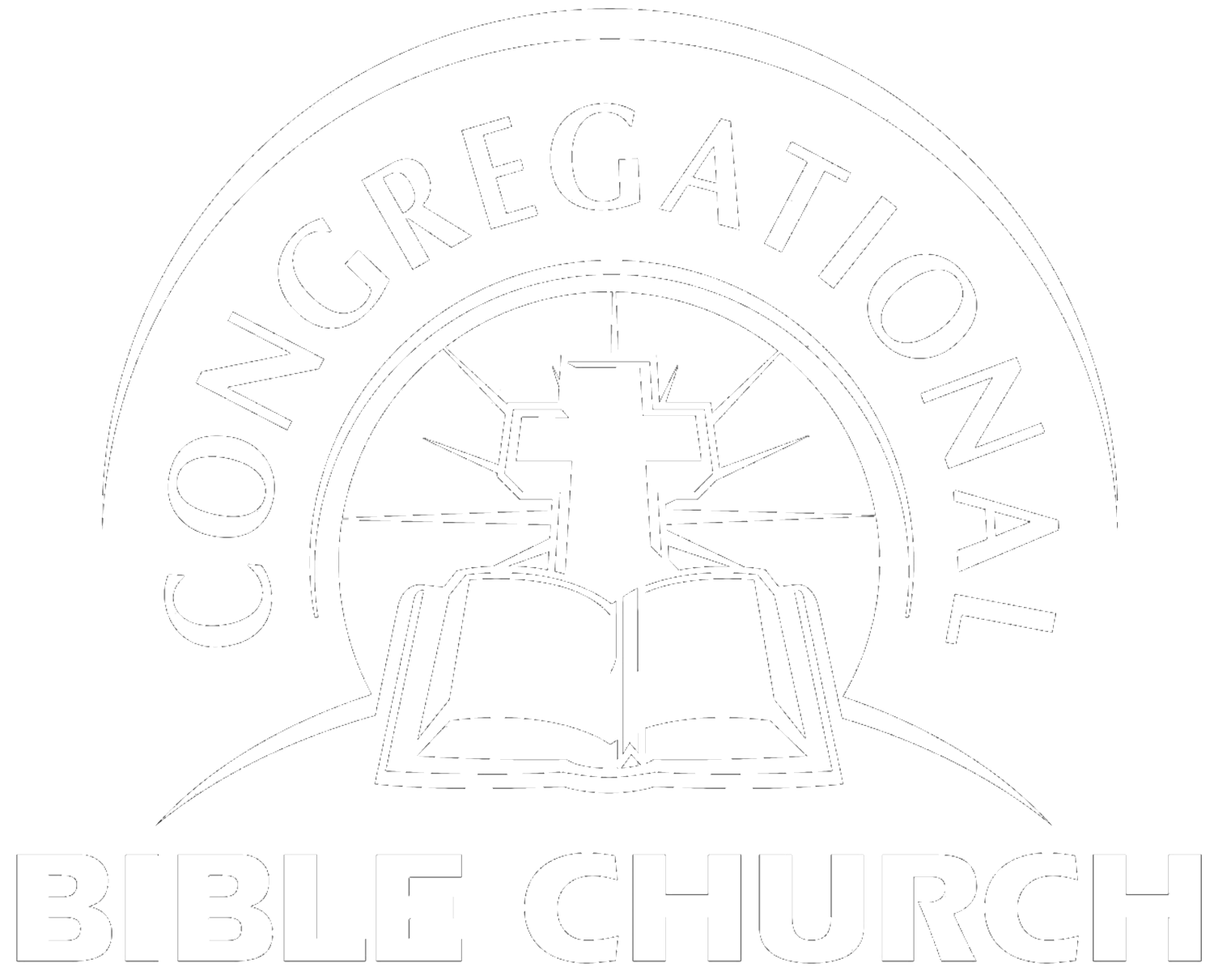At a dinner given in his honor, missionary Wilfred Grenfell was asked by a Christian woman, “Is it true that you are a missionary?” Grenfell replied, “Isn’t it true that you are?” That’s a powerful illustration for us as a church. We know of people who have become ‘professional’ missionaries. They serve in that capacity full time. We know of those who are gifted at evangelism. We call them ‘evangelists.’ Scripture even confirms that there are certain individuals gifted to the church who are known as ‘evangelists’ (Eph 4:11). But as Wilfred Grenfell was implying with his question, every single Christian is an evangelist and every single Christian is a missionary.
Our next characteristic of a healthy church is Persistent Evangelism. I use the word ‘persistent’ to emphasize that this is the responsibility of the entire church and that it is not confined to a singular event, but it is a regular and constant thing that the members are engaged in. The word ‘evangelism’ means ‘telling the good news.’ This good news is that Jesus came to save sinners, to forgive sins, and to grant eternal life! That truly is good news! Evangelism is not about forcing your religion on other people or trying to win arguments about why Jesus is better. Evangelism is telling people the good news of Jesus Christ and leaving the results up to God.
Some people don’t want to evangelize others because they feel that should be left up to the ‘experts.’ They think only those who are really good at evangelism should be doing it. What if they say something wrong? We have to understand that evangelism is not about skill or expertise, but it is about obedience. The Lord called together His followers in Matthew 28 and told them, “Go therefore and make disciples of all nations…” (v 19). That seems to be a command to all of His followers. When we get to the book of Acts and see people in the early church, we see everyone spreading the Word of Jesus Christ. Look up Acts 8:1-4 and Acts 11:19-21 to see examples of ‘ordinary’ Christians spreading the gospel. It wasn’t just the elders and pastors who were doing the work of evangelism. It seems that all the people of the early church were active in spreading the gospel, not just the ‘experts.’
This is probably because they took the Lord’s Commission seriously. And they took the Commission as a command to be followed, not a suggestion to be considered. For a church to be truly who they are supposed to be, all the members need to be persistent in evangelism. We need to see our gathering together as a time to be equipped, and then, our scattering out into the world to evangelize. Paul says in 2 Corinthians 5:20 that we are “ambassadors for Christ.” We are His representatives speaking His message to the world. If a church sees evangelism as a matter of obedience then they will pursue it. Personally, this truth is what changed my perspective on evangelism. I used to think that I was terrible at evangelism and so the Lord wouldn’t want me sharing His gospel. Once I understood the instruction to “make disciples” was a command from my Lord, that changed my whole view on evangelism.
Most people will frankly admit they do not evangelize because they don’t know how. What are some helpful hints in doing evangelism? First, use the Bible. Don’t come up with cute stories or self-defined phrases. Show people the truth of God’s Word. Put their eyes on the words of Scripture. The Word of God contains the power to convert, so let it! Second, speak of Christ. The good news is what Christ has accomplished. People turn to Christ, believe in Christ, and follow Christ. He needs to be the focus of your message. Third, leave the results to God. I encourage you to call on people to believe, to make a decision today, and to not delay about the state of their soul. But do not try to manipulate people to say ‘yes’ or try to garner some response. Let God do His work of conversion through His word. You and I just need to be obedient to the command of our Lord to “make disciples.”





















